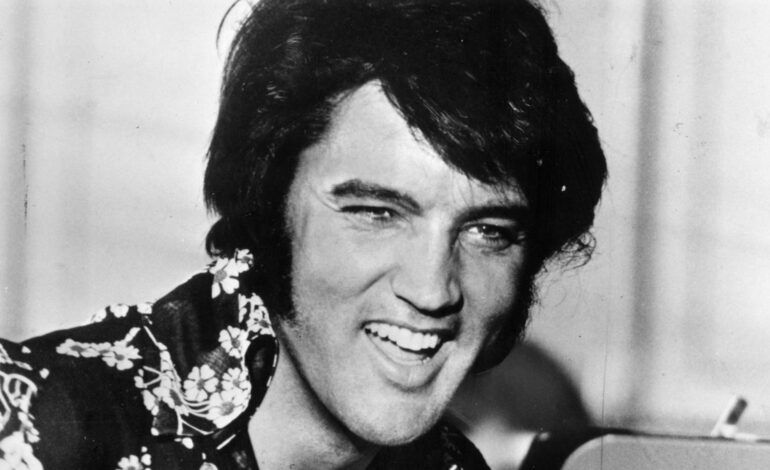Priscilla Presley Closes the Book on Elvis Alive The Real Story Behind a Half-Century of Theories

The core claim that Elvis Presley is alive has circulated for years, fueled by fan rumors, misinterpreted sightings, and doctored media. In a September People interview, Priscilla asserted she would “wish he was still alive” rather than accept that such rumors have any validity. She emphasized that Elvis “is resting peacefully,” an assertion that aligns with the official record of his death in 1977 due to heart failure and the absence of credible contemporary evidence challenging that record. This stance is not merely about a personal grieving process; it also serves as a defense of the historical record and the integrity of Elvis’s public narrative.
Priscilla’s personal recollections of their romance provide a humanizing counterpoint to the sensational theories. She describes meeting Elvis in 1959 when she was 14 and chronicles a whirlwind romance that culminated in marriage in 1967, followed by the birth of Lisa Marie Presley and a high-profile separation in 1973. Beyond the romance, her reflections illuminate the broader arc of Elvis’s life under the glare of fame, including intense media attention, the pressures of stardom, and a family life that later became the focal point of public interest.
The conversation grows more poignant when Priscilla speaks about Lisa Marie Presley’s passing in January 2023. She characterizes that moment as among the worst of her life, underscoring the layered trauma that can accompany a family closely tied to a singular cultural icon. This part of her testimony reinforces the human dimension of a family that has been in the public eye for decades, often caught in the crosshairs of fans and critics alike.
Across these statements, the narrative threads together the tension between enduring myth and verifiable fact. Elvis’s death certificate, the absence of credible sightings or new forensic validations since the late 20th century, and the persistence of fan-driven theories create a fertile ground for ongoing online speculation. Priscilla’s comments serve as a corrective, grounding the discussion in established chronology and personal truth, while also acknowledging the emotional resonance of Elvis’s legacy for families, fans, and historians.
This is not merely a celebrity obituary reassertion; it is a case study in how public memory preserves a star long after the spotlight fades. The Elvis legend continues to generate cultural capital, yet Priscilla’s narrative anchors the conversation to verifiable events, personal history, and institutional records. What remains unresolved is the broader question of how conspiracy culture thrives in the digital era, and how public figures navigate the inevitable tension between myth and evidence.
Looking forward, the story invites attention to how Elvis’s image will be curated by his estate and by historians. Will new archival material shift the balance, or will the Elvis alive theories continue to circulate as a form of fan engagement and folklore? The next chapter may hinge on declassified records, newly surfaced interviews, or fresh biographical material that either reinforces the established timeline or nudges public memory toward revisiting the day Elvis Presley passed away. Until then, Priscilla Presley’s clear-eyed stance offers a definitive counterweight to the persistent rumor mill.
Sources: Celebrity Storm and People Magazine
E! News
Entertainment Tonight
Attribution: Creative Commons Licensed (GO)
Attribution: Creative Commons Licensed (GO)




